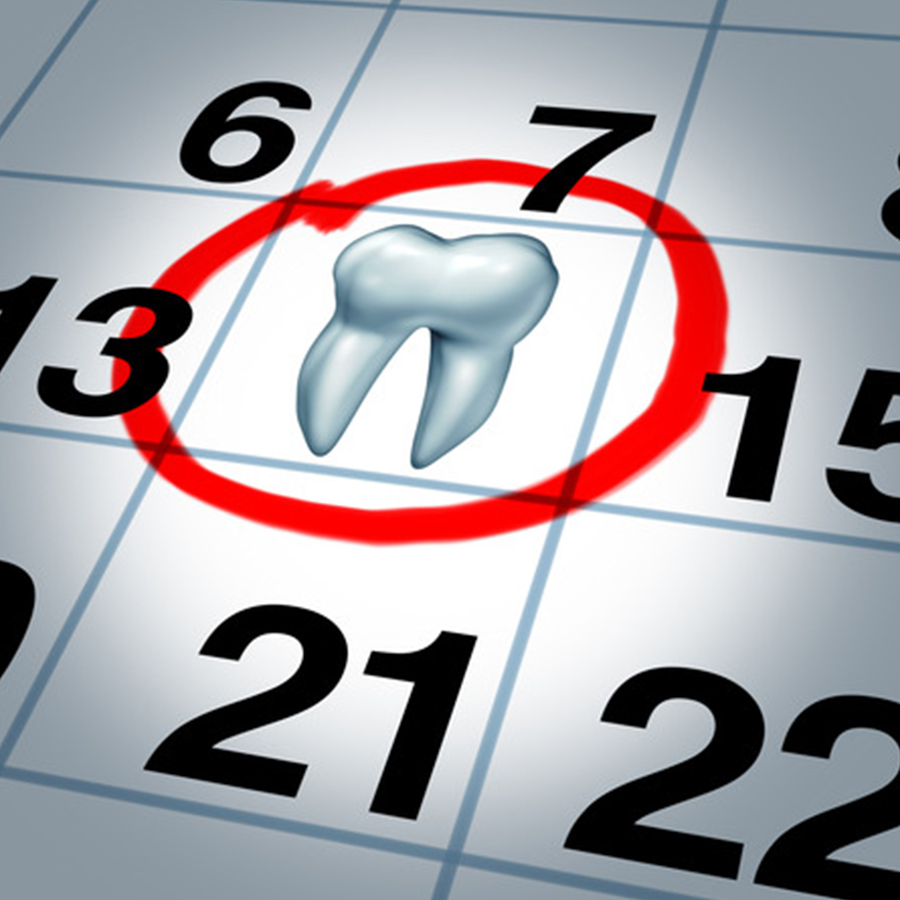Why Oral Health Symptoms Shouldn’t Be Ignored


So, if you’re exhibiting signs of a temporomandibular joint (TMJ) disorder or some other oral health problem involving the structure and function of your jaw, you should consult with an oral surgeon as soon as possible to learn about your treatment options.
The hallmark symptom of a TMJ disorder is jaw or facial pain, although other associated symptoms may include clicking, popping or locking of the joint as well as ear or neck pain.
A TMJ disorder can arise when any one of the jaw’s numerous components malfunctions. It can result from a malocclusion (jaw misalignment), structural deformity in the jaw or strain in the muscles or tendons that control the jaw’s movement. With significant expertise in all of the structures that comprise the jaw, an oral surgeon is particularly well suited to pinpoint the specific problem and plan for a treatment to address it.
Although a surgeon is likely to be consulted in cases of possible TMJ disorders, the initial treatment for this condition may not be an invasive one. More conservative measures may be attempted first unless there is a clear indication that a surgical procedure is necessary.
If you ignore issues such as jaw pain, the jaw may continue to deteriorate, causing the severity of symptoms to increase and potentially creating other problems. Your ability to speak and chew may ultimately be compromised.
Do you have symptoms of a TMJ disorder or some similar oral health ailment? Don’t delay in contacting our office to schedule an evaluation so that you can get an accurate diagnosis and effective treatment!